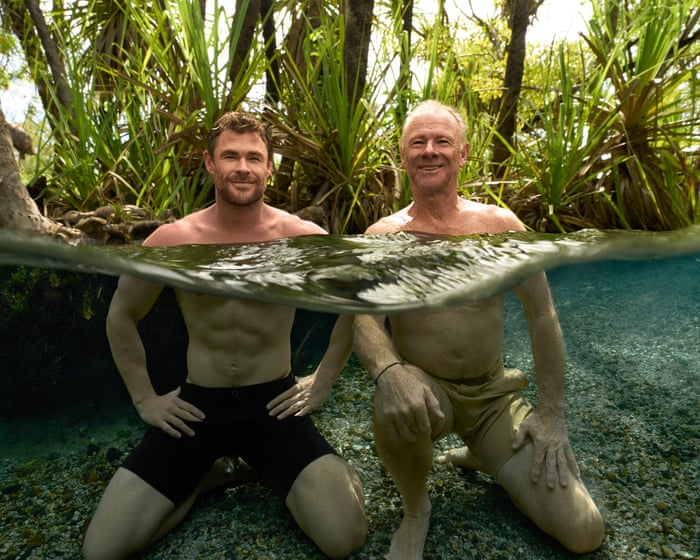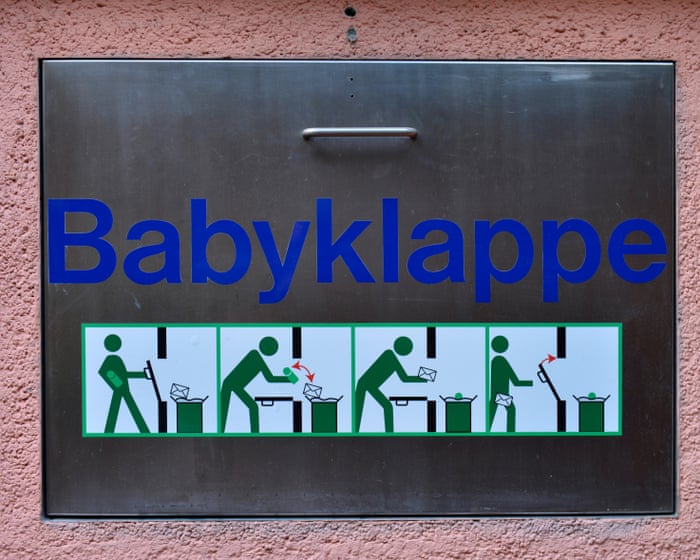A major British mussel exporter has lost £150,000 after French customs turned away three of its shipments to the EU in recent weeks.
Offshore Shellfish, a family-run company in Devon, has kept exporting blue mussels to European customers since Brexit, despite the heavy administrative load and complex paperwork. But in the last month, customs officials at Boulogne-sur-Mer stopped three out of four trucks from entering the EU for what the firm’s commercial director, Sarah Holmyard, described as “subjective and inconsistent” reasons.
“We’ve sent hundreds of shipments since Brexit and never had one rejected until now,” Holmyard told the Guardian. “We’ve had minor paperwork problems before, but our mussels were never turned away. Then, in just the past month, three loads were rejected.”
The mussels are cultivated on ropes in Lyme Bay, several miles off the Devon coast. The company exports most of what it produces, sending them to the Netherlands for processing. Many end up in Belgian restaurants or supermarkets, where they’re a staple in the national dish, moules-frites. Few Belgian diners may realize that some of the mussels they eat are grown across the English Channel.
All three rejected shipments had to be destroyed at the company’s expense.
Holmyard said the rejected deliveries were no different from previous ones, leaving the company puzzled and struggling with the sudden financial blow.
“It’s completely subjective and inconsistent, so you can’t plan for it,” she said. “Right now, it’s a lottery whether our shipments get through, and we can’t run a business that way—it’s too uncertain.”
Since Brexit, animal and plant products traded between Britain and the EU require health and veterinary checks, along with paperwork, and face strict border inspections under sanitary and phytosanitary (SPS) controls.
Live mussels, oysters, scallops, cockles, and clams—classified as “live bivalve molluscs”—are subject to especially tight EU rules. They can only enter the bloc untreated if they come from top-quality waters. While most waters in England and Wales don’t meet this standard, Offshore Shellfish’s farms are in “class A” waters for most of the year.
Because of this, shellfish exporters and other food producers stand to gain from the “reset” deal announced in May between Keir Starmer’s government and the EU, which aims to eliminate SPS checks.
British consumers don’t have the same taste for homegrown shellfish like mussels as Europeans do, so the vast majority of shellfish and seafood caught in UK waters is exported to Europe.
Negotiations are set to begin this month, with the goal of implementing a deal by 2027—a timeline many in the shellfish industry say is too long.
In the meantime, Holmyard and other UK shellfish exporters have reported more border checks and even rejections on the European side since the reset was announced.
“The reason given for rejecting two trucks was that the mussels weren’t properly washed. But they came from clean water and were washed,” Holmyard stated.
She added, “I think—and I’m not alone—that it’s political,” noting that their shipments were only rejected after the UK-EU reset was announced.The French customs service declined to comment. According to The Guardian, the UK government is not aware of any significant rise in rejections of British animal or plant products entering the EU.
A government spokesperson stated: “We are focused on negotiating a sanitary and phytosanitary (SPS) agreement that could boost our economy by up to £5.1 billion annually by lowering costs and bureaucracy for British producers and retailers. We continue to work with industry and EU border authorities to facilitate trade while safeguarding our biosecurity.”
Mussel farmers such as Offshore Shellfish typically avoid harvesting between April and August, when the mussels are spawning and recovering. The seizure of their shipments to the continent occurred just as the export season began, a time when the company anticipated resuming revenue from sales.
Offshore Shellfish was founded by Holmyard’s father, John, who has three decades of mussel farming experience. The company has been in discussions with French officials to address export issues.
Following negotiations involving the Holmyards, their Dutch partners, and the UK government, authorities in Boulogne-sur-Mer have agreed to adopt a more flexible interpretation of the rules. However, this arrangement has not yet been tested, and the company hopes to resume exports shortly.
“We’ve suffered significant financial losses from these failed shipments in recent weeks, and we cannot sustain this,” Holmyard explained. The company is also worried that repeated delivery failures could damage its reputation and lead to customer loss.
She added, “This results in substantial food and live animal waste, at a time when both France and the UK are supposed to be focusing on food security.”
Frequently Asked Questions
Of course Here is a list of FAQs about UK shellfish exports to France being turned away designed to be clear concise and in a natural tone
BeginnerLevel Questions
1 Whats happening with UK shellfish and France
French authorities are turning away some shipments of live shellfish from the UK at their borders because the paperwork or the shellfish themselves dont meet new EU health rules that came into effect after Brexit
2 Why is this happening now
New postBrexit trade rules fully came into force on January 1 2021 There was a temporary grace period for certain types of shellfish but that has now ended meaning the full strict EU regulations must be followed
3 What kinds of shellfish are affected
Live bivalve molluscs like oysters mussels clams and scallops are the primary ones being turned away especially those harvested from waters that are not classified as Class A for cleanliness
4 What is the main reason the shipments are rejected
The two biggest reasons are 1 Incorrect or missing health certificates and export paperwork and 2 The shellfish coming from Class B waters which require purification before they can be sold in the EU but the UK is no longer allowed to do this purification for exports
Advanced Detailed Questions
5 What are these Class A and Class B water classifications
This is an EU food safety system Class A waters are the cleanest and shellfish from them can be sent for direct human consumption Class B waters are less clean so shellfish must be purified in a special tank before sale The UK can no longer purify and then export to the EU
6 I thought we had a trade deal Why is this a problem
The trade deal ensures there are no tariffs on goods However it does not remove regulatory checks customs declarations and health certifications The UK is now treated as a third country by the EU subject to the same strict border controls as any other nonmember nation
7 What specific paperwork is causing issues
The main documents required are



